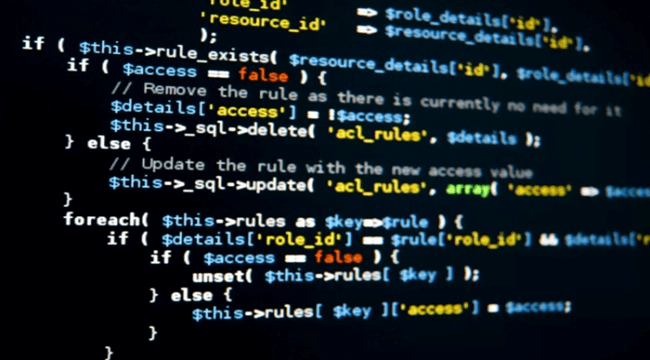 22 Jan 2015
22 Jan 2015“PHP is a server-side scripting language that has gone through different changes from time-to-time. If you have a PHP development project in hand, ensure to learn the best practices so that the outcome is favorable. Here, we bring to you the best PHP web development practices that you should follow this year. Using PHP latest version, avoiding outdated hosts, embracing HTTPS, avoiding common development mistakes are some of the practices that you can follow.”
As a scripting language, PHP is really vast and has been evolving over the years owing to the research & optimization that have resulted in removal of all limitations. It thus becomes crucial to stay abreast of the PHP advancements & updates to have a better control over the PHP development process. Hence, its good to invest your time to learn the latest in PHP. Here, we bring to you the best practices in PHP web development that you should know & follow to create optimal PHP solutions in 2015.

Use PHP Latest Version: During PHP development, working on different ideas is good; however, what you need to ensure is that you use the updated PHP version only. Irrespective of the idea/situation you are dealing with, ensure that you use only the latest PHP version. Avoid any damage to your PHP ecosystem adhering to the legacy support system. If some of your clients asks for a specific version, you need to educate them about the risks they would invite into their projects.
Follow the Correct Path: PHP The Right Way (PTRW) is a critical resource that ensures that you are fit to handle the development related challenges. PTRW has improved the life of several PHP projects and so even you can leverage it to the fullest. Its also better to be a contributor rather than just a knowledge-seeker; hence ensure to provide your inputs as required if you find some relevant information missing.
Say a Big “No” to Outdated Hosts: Choose the latest host option that establishes sync with your requirements. If you wish to avoid approaching shared hosts offering a less-protected environment, you can go for VPS as it will give you the required peace of mind of being secured. You can even think more broader to set up your own server.
Embrace HTTPS: Data leakage and information theft have become a common practice in the Web world these days. You will always require your website to be safe from unauthorized users besides safeguarding your user's interests. Hence, encryption becomes a necessity. Irrespective of the complexity of the website, ensure to have Secured Socket Layer implemented on every website to maximize protection from unwanted threats & events. Other steps you can take in this regard include following the right & best practices related to encryption, validation, password protection & generation.
Avoid Common Mistakes: There are a number of common mistakes that you may make during the development process. Using the MySQL extension, not using PDO, not rewriting URLs, suppressing errors, not removing development configuration are some of the most common mistakes that PHP developers make. Keep these in mind during development to avoid major problems in the later stages of the project.


